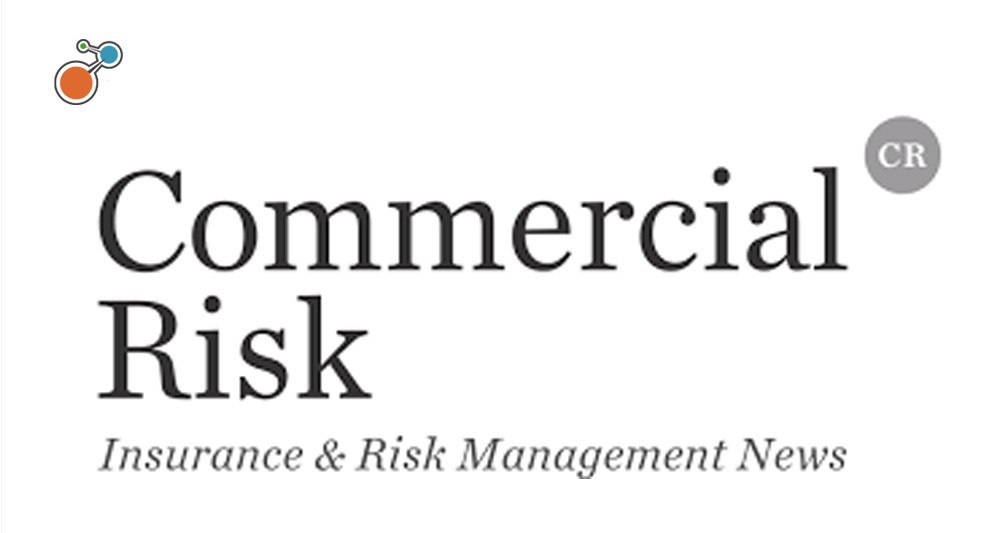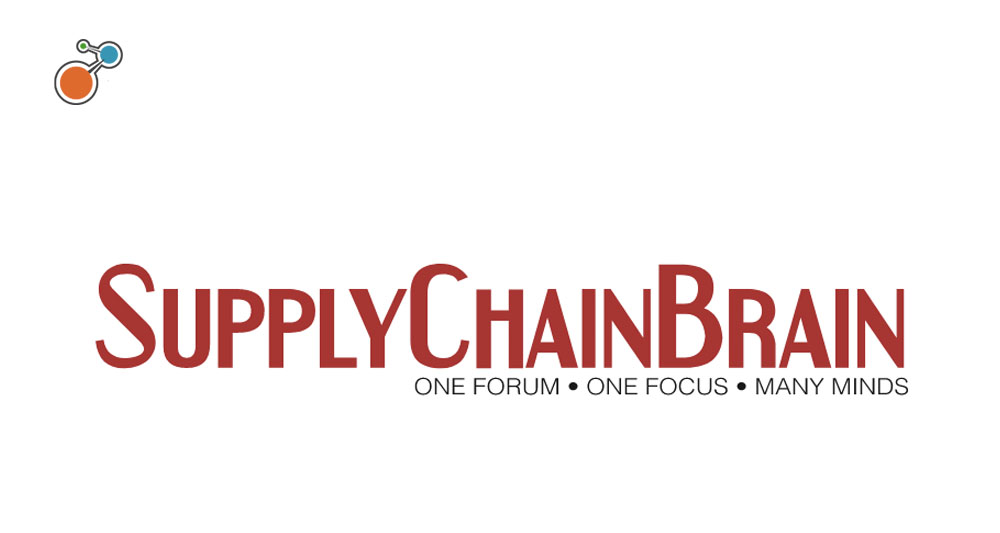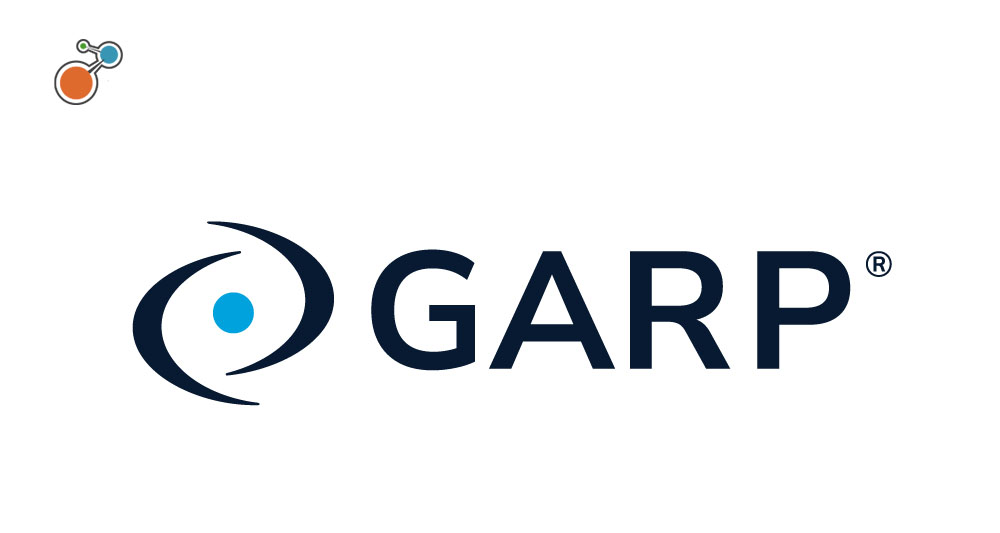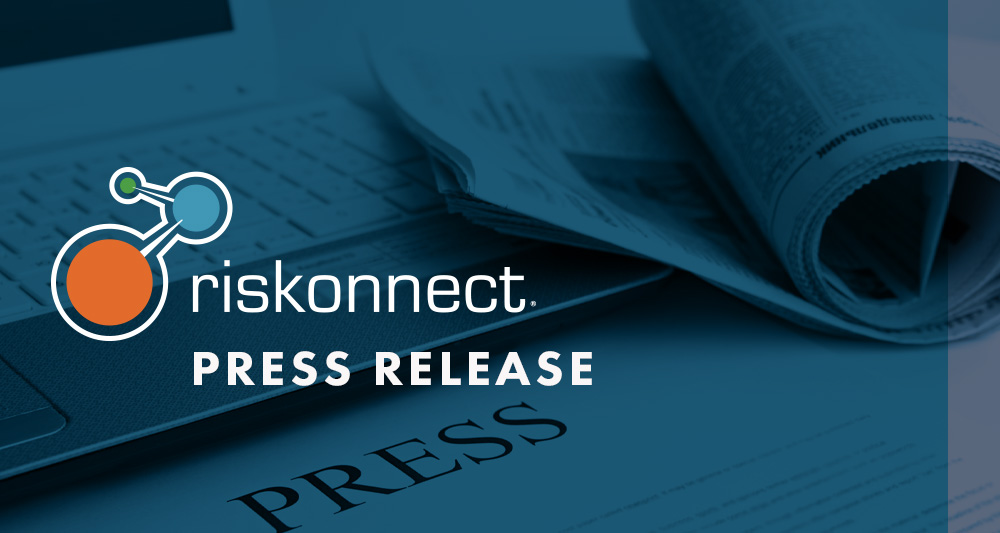Commercial Risk, September 9, 2023
Advanced analytics, powered by artificial intelligence (AI), is set to transform risk management, helping companies predict future risk and automate aspects of risk identification and mitigation, experts have told Commercial Risk Europe.
Demand for risk data is growing but so too is the availability of data and the tools to collate and analyse information, according to Jim Wetekamp, chief executive officer of Riskonnect.
The need for more and broader risk information is increasing as companies seek to understand risk beyond insurance, looking at a wider range of risks, a longer horizon and across more scenarios throughout the value chain, he explained. However, the volume of data and complexity of the task increasingly requires more powerful tools, he added.
AI, in particular, will enable risk managers and insurers to collect and analyse data quicker and more effectively, according to Wetekamp. “You are seeing AI change work and communication today. Where you have an opportunity for AI in risk management, and where it is potentially disruptive, is helping companies understand the risks to strategy over a longer time horizon. AI has huge potential to make companies more agile and faster to adapt,” he said.
“What is new and changing is where risk has to be in the conversation around the need for companies to be more adaptive and faster to change to market opportunities,” he added.
AI will help take data analytics to the next level, according to Wetekamp. “AI will really change scenario analysis and planning. The ability to analyse low probability high impact scenarios is currently limited by people. But AI can cover more scenarios and think of ones you have not thought of. Risk now, it is very human dependent,” he said.
AI and analytics can continually monitor and assess compliance, including for risk management, explained Wetekamp. “AI can help capture information on the controls, policies, behaviors, etc. that are put in place in the business for risk mitigation. It can tell you whether the protection put in place to mitigate risk are working, or when you need to take decisions before the risk has manifested,” he said.
The technology can also help risk managers direct risk management resources and investment more effectively and efficiently, from enterprise risk through to insurance, said Wetekamp. “AI can help understand how much to spend at each layer and whether it is working,” he said.
Read the full article in Commercial Risk >>





